Trump’s Rally Sparks Outcry, Raises Concerns About Impact on Puerto Rican Voters
Donald Trump’s rally at Madison Square Garden on Sunday took a divisive turn, with inflammatory language and derogatory jokes causing backlash within his campaign and fears of repercussions with Puerto Rican and other Latino voters. Key figures in Trump’s circle expressed disappointment with the tone of the rally, with allies alarmed at how the rhetoric overshadowed the event's intended message.
The rally, held in the heart of New York City, featured multiple speakers, including comedian Tony Hinchcliffe, who opened with a joke about Puerto Rico, calling it a “floating island of garbage.” The remark, among other off-color jokes, provoked immediate criticism, especially from Republican leaders sensitive to the influence of Puerto Rican voters in battleground states. Sen. Rick Scott and Rep. Byron Donalds, both representing Florida’s Puerto Rican community, quickly denounced the comments. Republican Rep. Anthony D’Esposito, a New York Puerto Rican representative in a tight race, voiced frustration, calling the jokes "garbage" and urging Trump’s campaign to “stay on message.”
Campaign insiders revealed a lack of preparation reminiscent of the rigorous control exercised at the summer’s Republican National Convention, where speeches were meticulously vetted. One campaign adviser noted that the offensive remarks should have been caught beforehand, while another suggested that Hinchcliffe’s set hadn’t been fully reviewed. According to the adviser, portions of the comedian's more offensive material were omitted in the draft presented to the campaign, though racial and sexist language still made it to the stage.
The rally, however, stuck to the Trump campaign's typical format: it featured Kid Rock's explicit songs and often-crude slogans on T-shirts, giving supporters room for provocative expression. Over the years, Trump’s strategy has leaned into provocative and populist language, a style Democrats have struggled to combat effectively. The Trump campaign’s official statement distanced itself from Hinchcliffe’s “floating garbage” joke about Puerto Rico, with spokesperson Danielle Alvarez clarifying that the comments do not “reflect the views of President Trump or the campaign.” Yet, they did not respond to other inflammatory comments made during the event, including one speaker’s crude stereotype involving Black people and watermelons and another’s derogatory remarks about Latino immigrants.
Adding to the tension, some Republicans raised concerns about the timing of the rally’s unfiltered tone, with Election Day fast approaching. Allies feared that the messaging risks alienating Puerto Rican voters, especially in states with large Latino populations like Florida and Pennsylvania, both crucial battlegrounds. Analysts point out that Puerto Rican communities in these states are increasingly politically influential; Pennsylvania alone has seen significant voter growth among Puerto Rican residents.
The fallout from the rally comes as Trump’s campaign hoped to strike a more focused, unifying tone, particularly with the release of a new campaign ad that aimed to promote a “second golden age of American success” under Trump. Republican strategist Scott Jennings praised the ad as a “perfect closing argument.” Yet, the ad’s message was quickly eclipsed by Sunday’s event, where offensive rhetoric dominated headlines.
The rally’s impact was felt across social media, with notable responses from high-profile Puerto Rican figures. Bad Bunny, the internationally famous Puerto Rican musician, expressed support for Trump’s opponent, Kamala Harris, amplifying his message to millions of followers. Meanwhile, Rep. Alexandria Ocasio-Cortez described the event as a “hate rally” and warned of potential repercussions, describing the evening as a clear error in tone.
Whether Sunday’s remarks will impact Trump’s support in key regions remains uncertain. While Democrats previously tried to mobilize Puerto Rican voters against Trump in 2020, especially around issues like Hurricane Maria’s response, his standing improved in areas with significant Puerto Rican populations. Some strategists believe his unfiltered style and tendency toward nativist rhetoric resonate with parts of his base, while others worry about potentially significant voter shifts due to Sunday’s event.

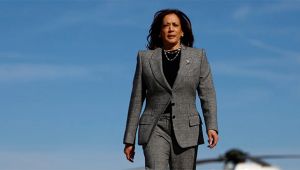





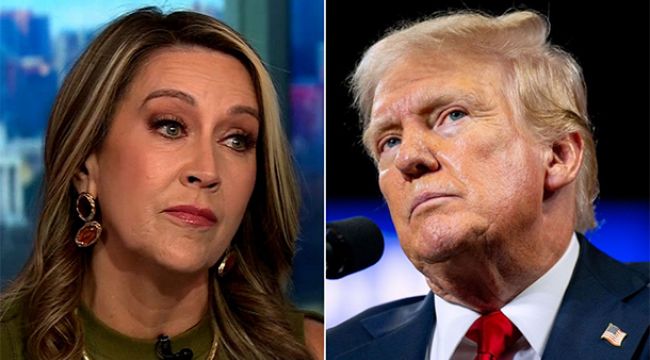
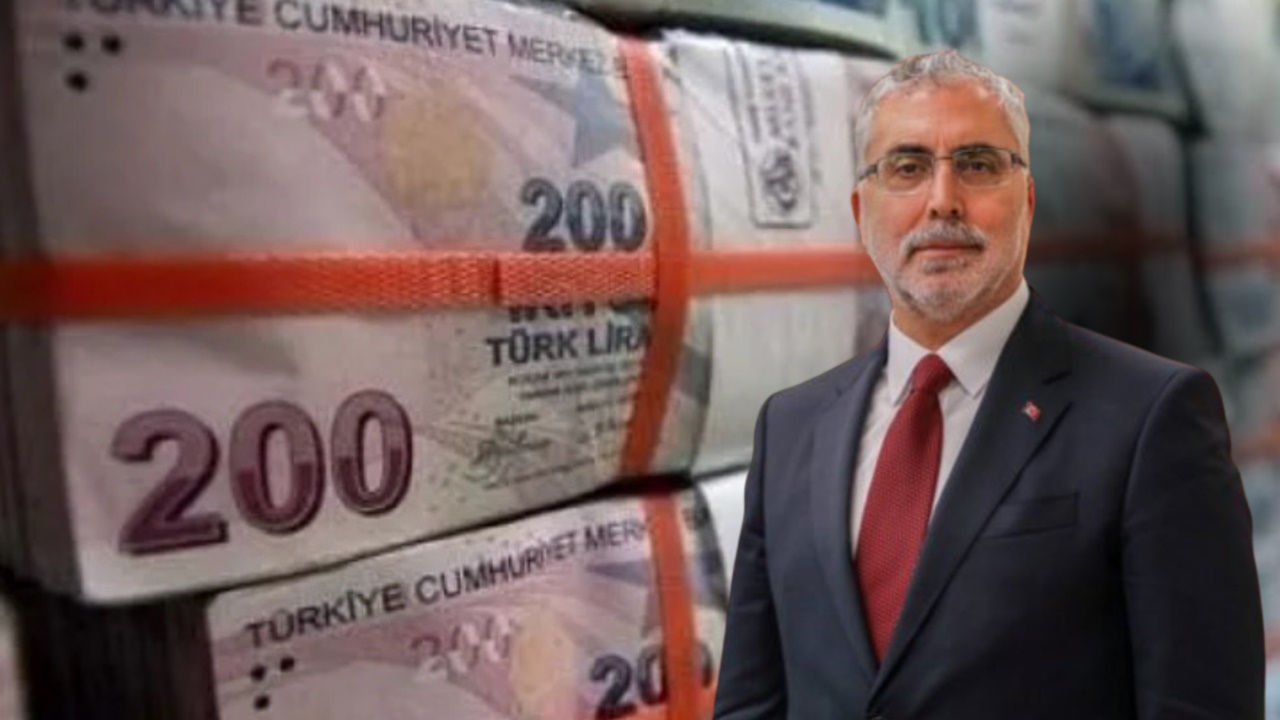

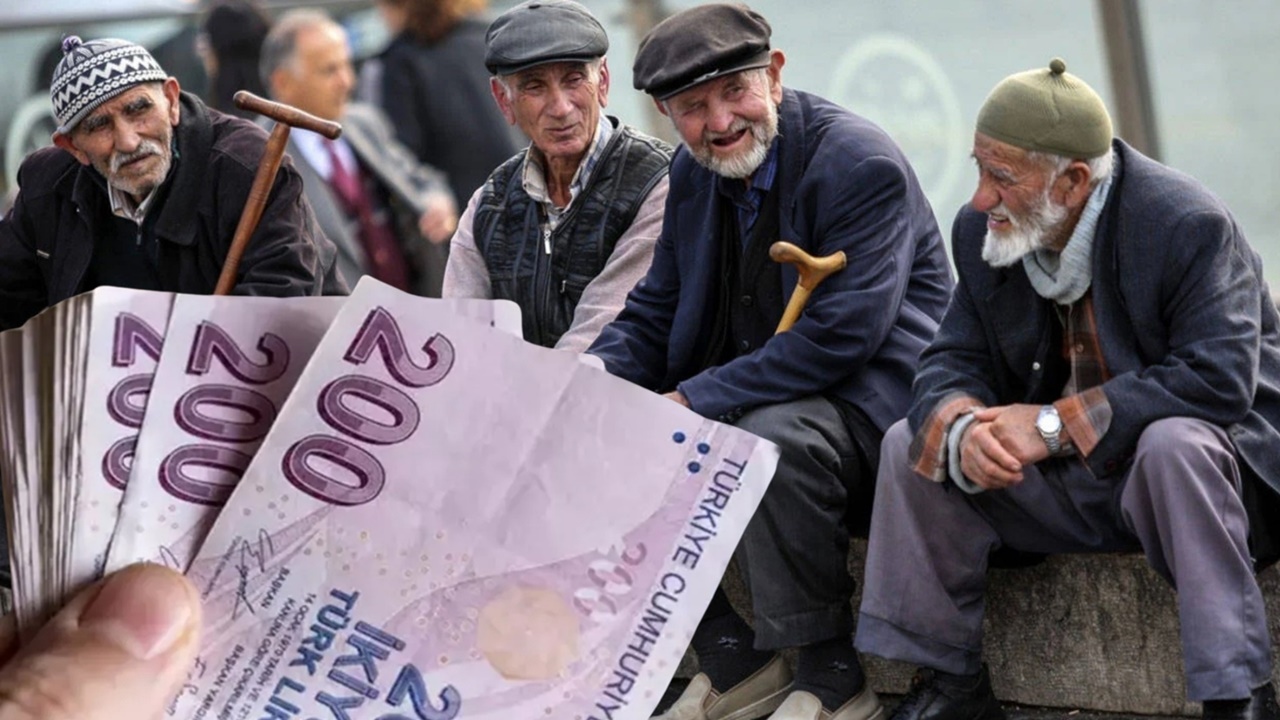

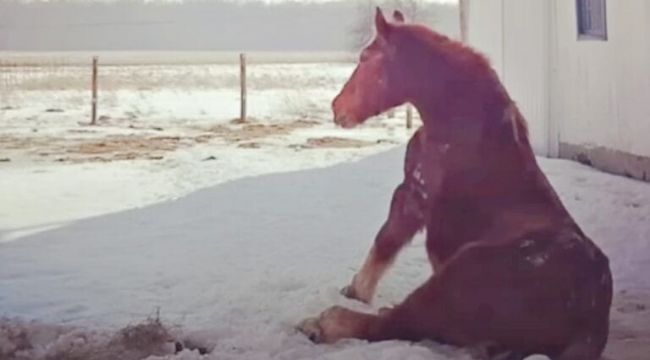

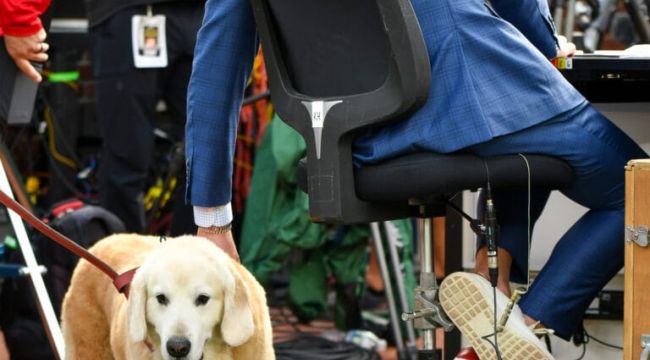



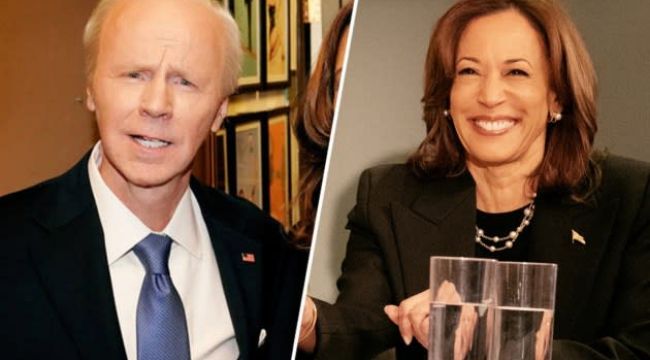
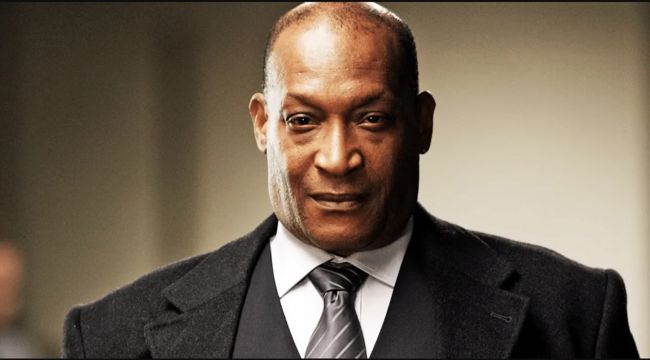
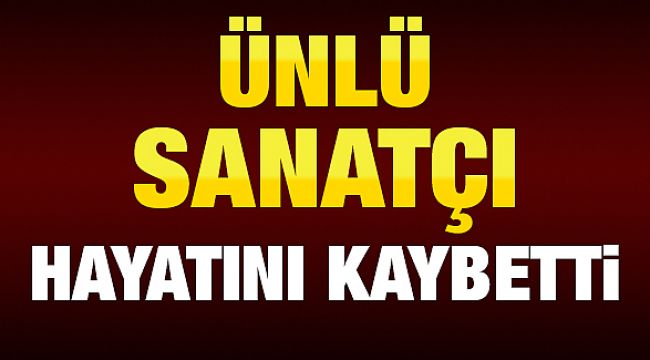
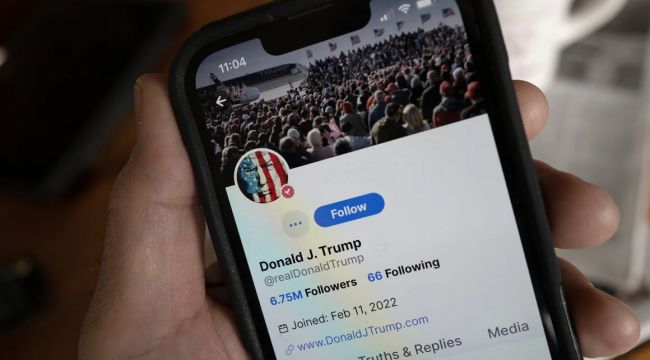

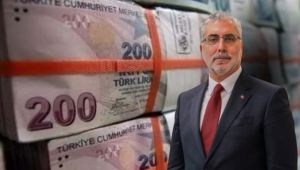

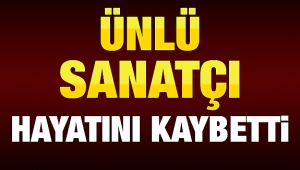
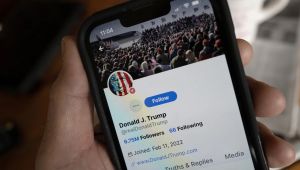

COMMENTS